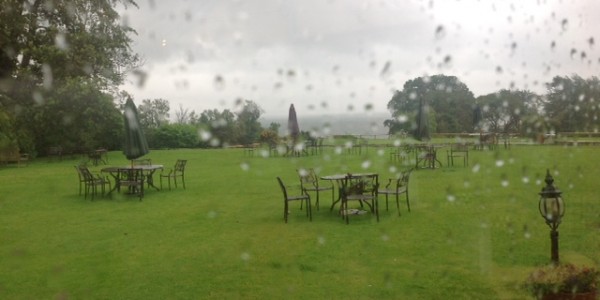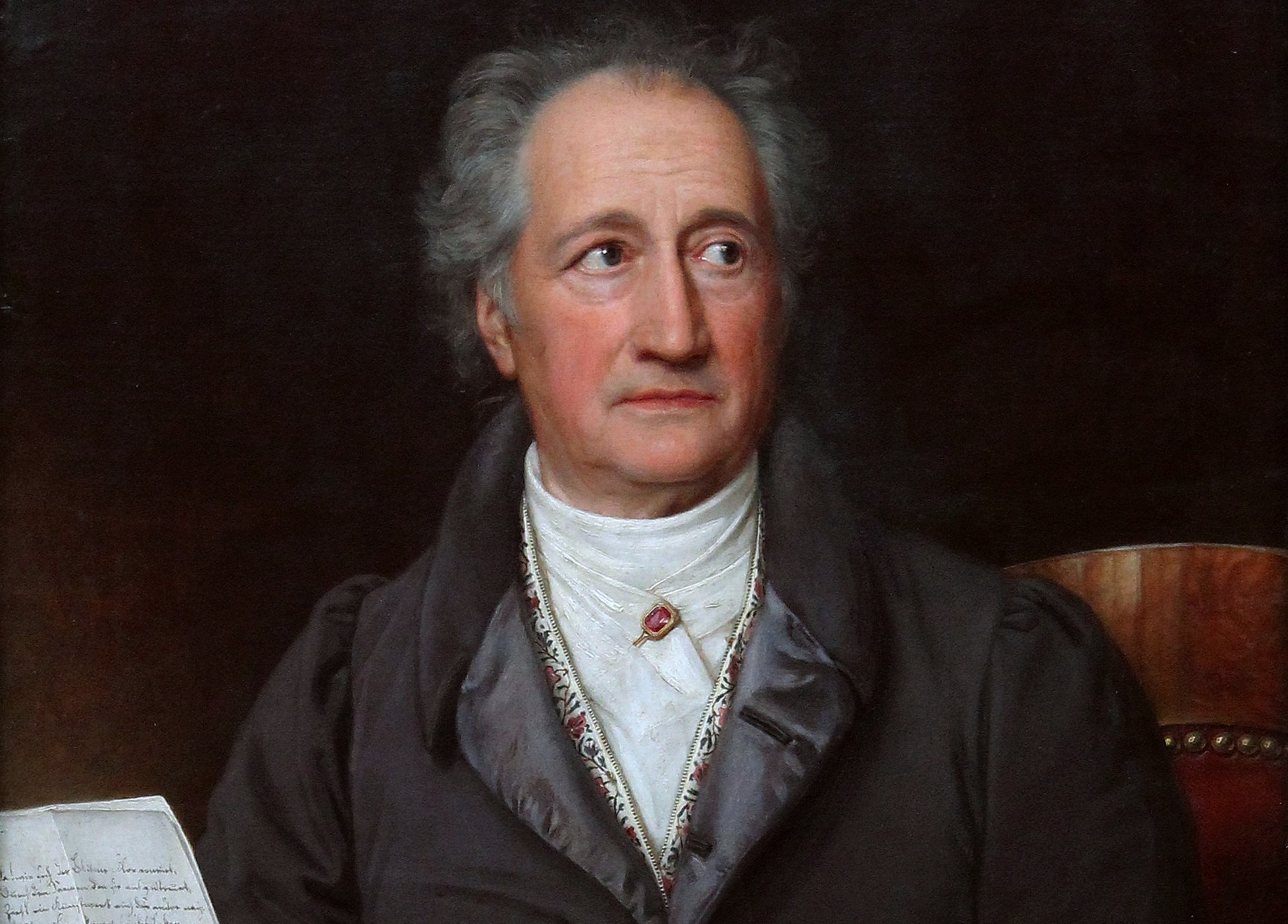Not God but Goldilocks? The Higgs Boson and science communication
July 7, 2012
Being on a rain-washed holiday in the depth of Dorset, what else is there to do but watch some news, read some newspapers and getting a long lecture on the Higg’s from one’s offspring. I still don’t understand exactly what’s going on with the Higgs, but the whole thing ties in nicely with various topics …
Scepticism: Process, not position
June 16, 2012
Scepticism activism Scepticism is as old as human thinking, as old as philosophy and as old as science. Most recently scepticism has, on the one hand, become embroiled in a major controversy about climate change, and on the other hand scepticism has also become a form of activism, with Skeptics in the Pub being a …
Making science policy public: Exploring the pitfalls of public protest
May 27, 2012
I have recently published two blogs, one on impact and one on hype. Protests against EPSRC funding policies provide an opportunity to reflect on both these and other issues related to making science public. Science for the Future – the protest On 15 May, 2012 members of a campaign group “Science for the Future” delivered …
Atoms are not people: comparing the natural and social sciences
May 18, 2012
Following a Twitter debate this week on the utility of social sciences cf. natural sciences as a basis for public policy (see the above screenshot for some of the comments), I thought it might be time for a preliminary sketch of the differences between these two (very) broad areas of knowledge. Is social science a …
Languages of uncertainty
April 4, 2012
Communicating scientific uncertainty There has recently been a lot of discussion about communicating uncertainty in science in general and climate change/climate science in particular. Many scientists, including Sir Robert May and Sir John Beddington have talked about how uncertainty is intrinsic to science and have advocated being more open about uncertainty, with the latter stressing …





